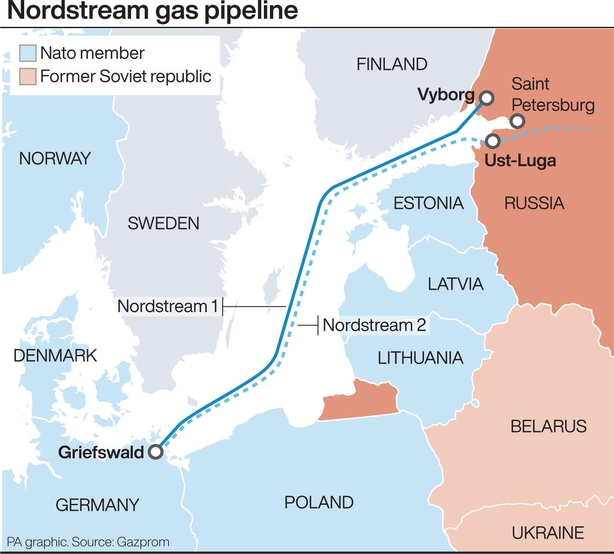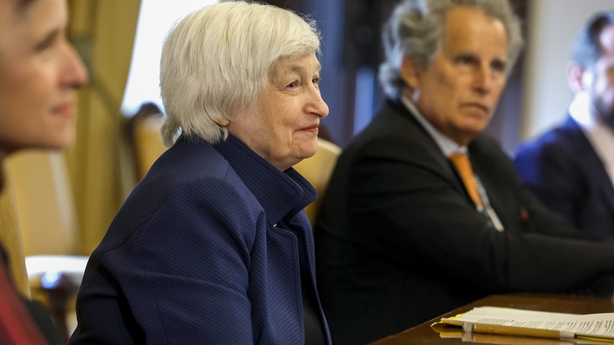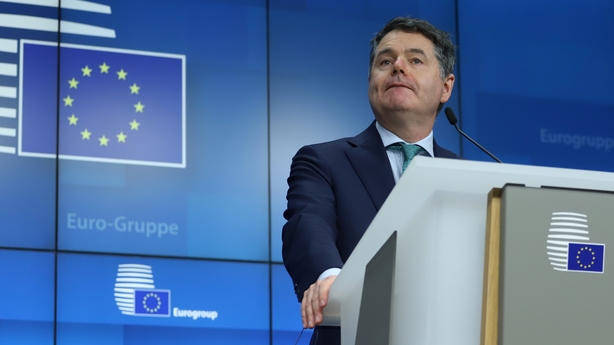Russia has halted gas deliveries to Germany via a key pipeline an indefinite period after saying it had found problems in a key piece of equipment, a development that will worsen Europe's energy crisis.
Russian gas giant Gazprom said that the Nord Stream pipeline due to reopen at the weekend would remain shut until a turbine is repaired.
In a statement, Gazprom indicated it had discovered "oil leaks" in a turbine during a planned three-day maintenance operation.
Gazprom added that "until it is repaired... the transport of gas via Nord Stream is completely suspended".
Resumption of deliveries via the pipeline, which runs from near St Petersburg to Germany under the Baltic Sea, had been due to resume tomorrow.
Gazprom said it had discovered the problems while carrying out maintenance with representatives of Siemens, which manufactured the turbine in a compressor station that pushes gas through the pipeline.
On its Telegram page it published a picture of cables covered in a brown liquid.
Earlier in the day, the Kremlin warned the future operation of the Nord Stream pipeline, one of Gazprom's major supply routes, was at risk due to a lack of spare parts.
"There are no technical reserves, only one turbine is working," Kremlin spokesman Dmitry Peskov told reporters.
"So the reliability of the operation, of the whole system, is at risk," he said, adding that it was "not through the fault" of Russian energy giant Gazprom.

Following the imposition of economic sanctions over the Kremlin's invasion of Ukraine, Russia has reduced or halted supplies to different European nations, causing energy prices to soar.
The Kremlin has blamed the reduction of supplies via Nord Stream on European sanctions, which it says have blocked the return of a Siemens turbine that had been undergoing repairs in Canada.
Germany, which is where the turbine is located now, has said Russia is blocking the return of the critical piece of equipment.
Berlin has previously accused Moscow of using energy as a weapon.
Gazprom also announced the suspension of gas supplies to France's main provider Engie from yesterday after it failed to pay for all deliveries made in July.
Eric Mamer, spokesperson for European Commission President Ursula von der Leyen, condemned Russia as an unreliable energy partner.
Gazprom's announcement this afternoon that it is once again shutting down NorthStream1 under fallacious pretenses is another confirmation of its unreliability as a supplier.
It's also proof of Russia’s cynicism, as it prefers to flare gas instead of honoring contracts.
— Eric Mamer (@MamerEric) September 2, 2022
As winter approaches, European nations have been seeking to completely fill their gas reserves, secure alternative supplies, and put into place plans to reduce consumption.
A long-term halt to Russian gas supplies would complicate efforts by some nations to avoid shortages and rationing, however.
Germany said its gas supplies were secure despite the halt to deliveries via Nord Stream.
Gazprom's announcement came hours after the Group of Seven (G7) finance ministers committed to implement a price cap on Russian oil.
"We commit to urgently work on the finalisation and implementation of this measure", they said in a statement which coincided with a virtual meeting this afternoon.
The ministers did not specify the cap level, saying it would be determined by technical inputs.
"We seek to establish a broad coalition in order to maximise effectiveness," they said, and urged "all countries that still seek to import Russian oil and petroleum products to commit to doing so only at prices at or below the price cap".
The ban on crude oil would be introduced in December, and extend to refined petroleum products next February.
The step has the backing of the European Commission, whose head Ursula von der Leyen today expressed support for also including Russian gas purchases.
However, the oil cap will mean modifying the EU's sixth sanctions package, which it is designed to run in tandem with.
That package was agreed in June after difficult negotiations, and imposed only a partial ban on purchases of Russian oil.
Now, EU member states will be asked to revisit it, and approve the new measures.
US Treasury Secretary Janet Yellen said that the price cap would help to fight inflation, while delivering a blow to Moscow's ability to finance its war in Ukraine.

She lauded the move as deploying one of the "most powerful tools" available to restrict Vladimir Putin's ability to wage war.
The cap will help to achieve "our dual goals of putting downward pressure on global energy prices, while denying Putin revenue to fund his brutal war in Ukraine," Ms Yellen said in a statement.
She added that it would be in Russia's interests to sell oil at the capped price, rather than "shutting it in".
Minister for Finance Paschal Donohoe participated in the meeting in his capacity as the President of the Eurogroup.
He welcomed the decision as "a major step forward".

"Importantly too, it will further prove that sanctions work," Minister Donohoe added.
It will "build on and strengthen the EU's sixth sanctions package by broadening the existing maritime services ban to the entire G7," he said.
Kremlin response
The Kremlin today vowed to stop selling oil to countries that impose price caps. It also claimed that price caps would significantly destabilise the global oil market.
"Companies that impose a price cap will not be among the recipients of Russian oil," Kremlin spokesman Dmitry Peskov told reporters.
He said that European citizens are paying the price for such moves, adding that buying liquefied natural gas (LNG) from the US is resulting in US companies "getting richer" while "European taxpayers are getting poorer".
Russia was studying how a price ceiling on its oil exports might affect its economy, Mr Peskov added.

